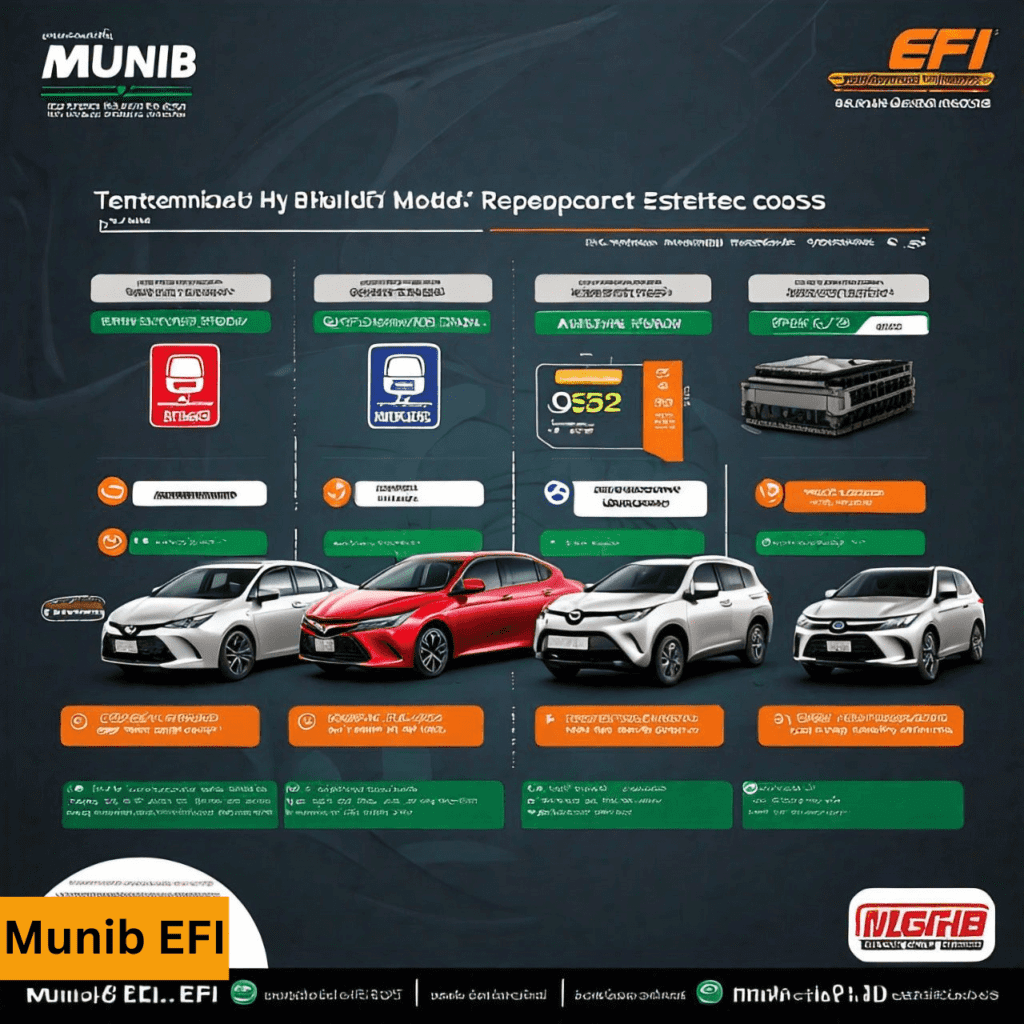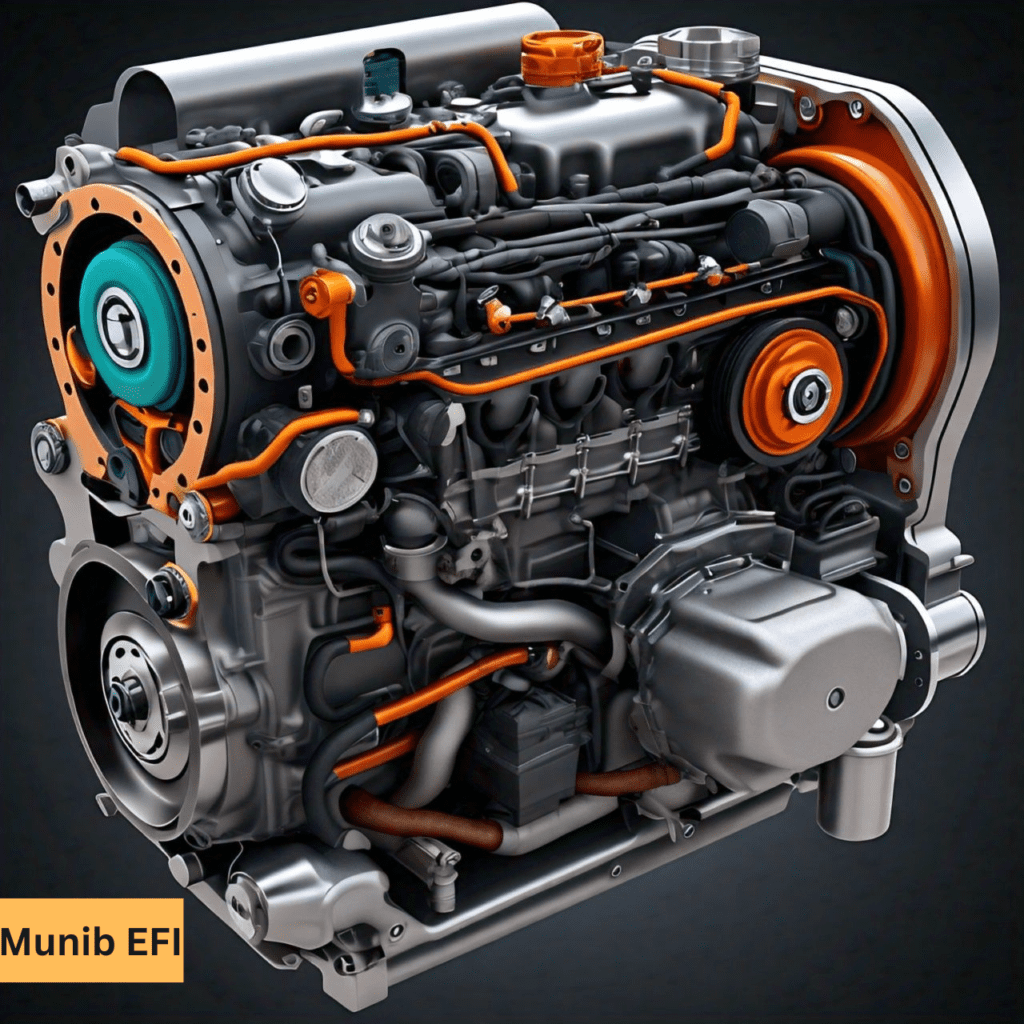Hybrid vehicles have revolutionized the automotive industry by offering a balance between fuel efficiency and performance. Toyota, a pioneer in hybrid technology, has produced some of the most popular hybrid models on the market. However, one significant consideration for hybrid owners is the cost of battery replacement. In this blog post, we will explore everything you need to know about Toyota hybrid battery replacement costs, including factors that influence these costs and tips for extending the life of your hybrid battery.
Overview of Hybrid Vehicles and Battery Replacement
Hybrid vehicles combine an internal combustion engine with an electric motor, using a battery pack to store electrical energy. Over time, these batteries may degrade, necessitating replacement. Understanding the specifics of Toyota hybrid batteries can help you make informed decisions about maintenance and replacement.
Understanding Toyota Hybrid Batteries

Types of Batteries Used in Toyota Hybrids
Toyota hybrids typically use two types of batteries:
- Nickel-Metal Hydride (NiMH)
- Lithium-Ion (Li-Ion)
NiMH batteries are known for their durability and have been used in models like the Prius for years. Newer models, however, are transitioning to Li-Ion batteries due to their higher energy density and lighter weight.
Lifespan and Performance of Hybrid Batteries
The lifespan of a Toyota hybrid battery varies based on usage, driving conditions, and maintenance practices. On average, these batteries can last between 8 to 10 years or around 100,000 to 150,000 miles. Performance may gradually decline, but many drivers find that their hybrid batteries outlast the vehicle’s warranty.
Factors Influencing Replacement Costs
Model and Year of the Toyota Hybrid
The cost of replacing a hybrid battery depends significantly on the model and year of the vehicle. Older models may have more affordable replacement options due to the widespread availability of NiMH batteries, while newer models with Li-Ion batteries may incur higher costs.
Battery Type and Capacity
The type and capacity of the battery also play a crucial role in determining replacement costs. Li-Ion batteries are generally more expensive than NiMH batteries. Additionally, higher-capacity batteries used in larger vehicles like the Highlander hybrid can cost more than those in smaller vehicles like the Prius.
Labor Costs and Service Fees
Labor costs and service fees vary by location and service provider. Authorized dealerships might charge more for labor, but they offer certified technicians and original parts. Independent mechanics may provide more affordable labor rates but require thorough vetting for quality assurance.
Warranty and Extended Coverage
Toyota offers warranties on hybrid batteries, typically covering 8 years or 100,000 miles. Extended warranties or service contracts can provide additional coverage, potentially reducing replacement costs if the battery fails within the covered period.
Average Costs of Toyota Hybrid Battery Replacement
Cost Breakdown by Model (e.g., Prius, Camry, Highlander)
- Prius: Replacement costs for a Prius hybrid battery range from PKR 600,000 to PKR 90,000.
- Camry: For a Camry hybrid, expect to pay between PKR 140 to PKR 630,000.
- Highlander: Highlander hybrid battery replacements can cost between PKR 1,500,000 and PKR 2,000,000.
Comparison with Other Hybrid Brands
Toyota’s hybrid battery replacement costs are competitive when compared to other brands. For example, the cost of replacing a hybrid battery in a Honda Insight or Ford Fusion Hybrid is similar, although specific prices vary depending on the model and year.
Munib EFI Auto Hybrid Solutions: Your Go-To for Hybrid Battery Replacement
Services Offered by Munib EFI Auto Hybrid Solutions
Munib EFI Auto Hybrid Solutions specializes in hybrid battery replacement, offering comprehensive diagnostic and replacement services. They provide high-quality batteries, professional installation, and thorough post-installation testing to ensure optimal performance.
Benefits of Choosing Munib EFI Auto Hybrid Solutions
Choosing Munib EFI Auto Hybrid Solutions guarantees expert service from certified technicians who understand the intricacies of Toyota hybrid systems. They offer competitive pricing, warranty options, and excellent customer support.
Where to Get Your Toyota Hybrid Battery Replaced
Authorized Dealerships vs. Independent Mechanics
Authorized Dealerships:
- Pros: Certified technicians, original parts, warranty coverage.
- Cons: Higher costs, longer wait times.
Independent Mechanics:
- Pros: Lower costs, personalized service.
- Cons: Quality can vary, warranty may not cover parts.
Pros and Cons of Each Option
While authorized dealerships provide peace of mind with certified service, independent mechanics offer cost savings. It’s essential to weigh the pros and cons based on your budget and service quality requirements.
DIY Battery Replacement: Is It Worth It?
Risks and Challenges
Replacing a hybrid battery yourself carries significant risks, including potential injury, improper installation, and voided warranties. Hybrid systems are complex and require specialized knowledge and tools.
Potential Cost Savings
Although DIY replacement can save on labor costs, the risks and potential for additional expenses due to mistakes often outweigh the benefits.
Tips for Extending the Life of Your Hybrid Battery
Maintenance Practices
Regular maintenance, such as keeping the battery clean and ensuring proper cooling, can extend the life of your hybrid battery. Periodic check-ups and software updates are also crucial.
Driving Habits and Environmental Factors
Gentle driving habits, avoiding extreme temperatures, and minimizing high-speed driving can help preserve battery life. Parking in shaded areas and using climate control sparingly also contribute to longevity.
Evaluating the Cost-Benefit Analysis
When to Replace vs. Repair
Assessing whether to replace or repair a hybrid battery involves considering the remaining lifespan, performance issues, and the cost of repairs versus replacement. In some cases, repairing individual cells can be a cost-effective solution.
Financial Considerations and Long-Term Savings
Investing in a new battery may seem costly upfront, but it can lead to long-term savings through improved fuel efficiency and reduced maintenance expenses. Weigh the initial investment against potential savings over time.
Conclusion
Understanding the costs and factors involved in Toyota hybrid battery replacement is crucial for hybrid vehicle owners. By considering model-specific costs, warranty options, and choosing the right service provider, you can make informed decisions that ensure the longevity and performance of your hybrid vehicle.




I do believe all the concepts you’ve offered for your post.
They’re very convincing and can certainly work. Still, the
posts are too brief for novices. May just you plase prolong them
a little from next time? Thanks for the post.